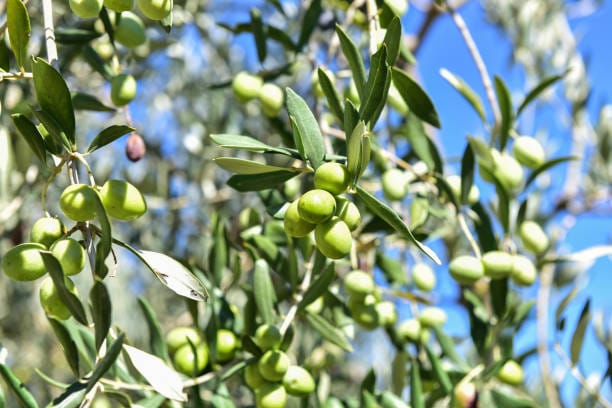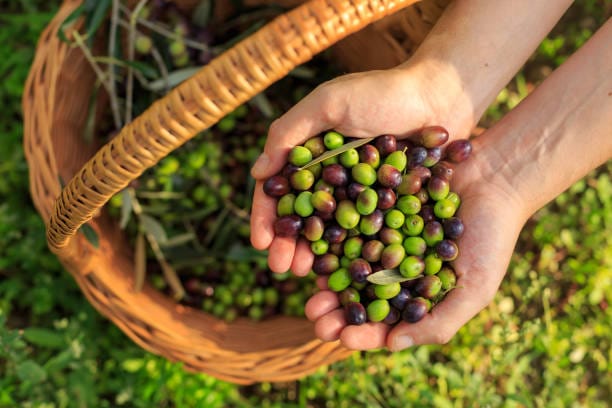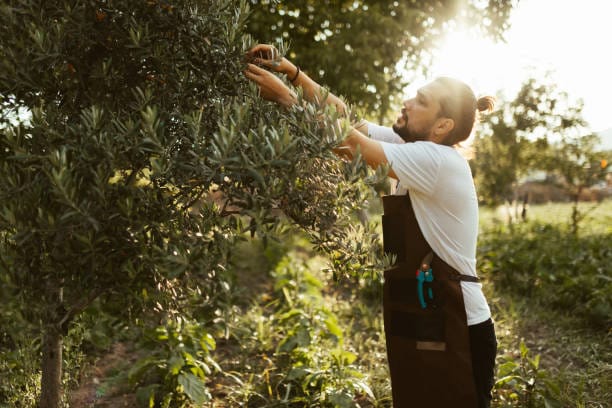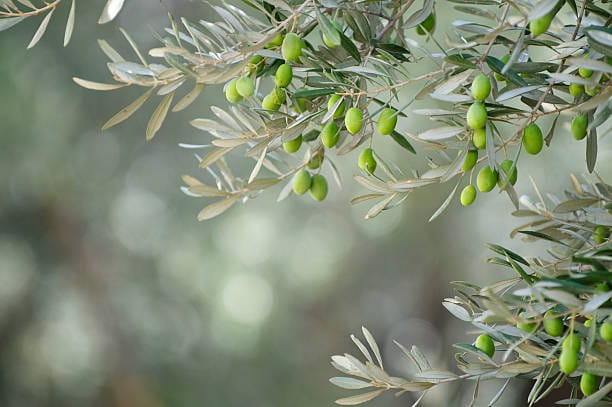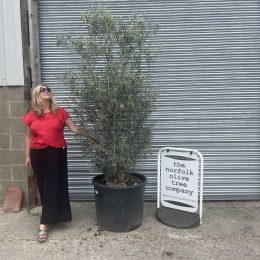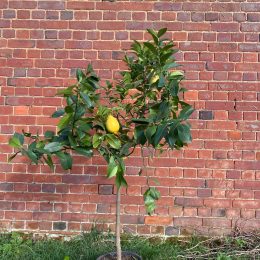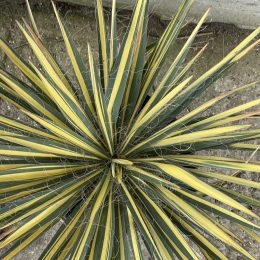How to get olive trees to product olives
If you have an olive tree the chances are you’ve thought about whether or not it will bear fruit. And surprisingly, it can take some varieties of olive trees up to eight years to start to produce flowers and come into fruiting. Here, we look at the different factors that might determine whether or not your olive tree will produce fruit…
Olive Varieties
Choosing an olive tree variety can make all the difference as to whether or not you will be rewarded with fruit. Most olive trees are chosen for their striking ornamental appearance, but if you’re after fruit then choose wisely. The following variety of olive trees can if looked after properly, produce fruit…
- Arbequina olive tree is a self fertile variety which flowers early in the season. A very good fruiter. The Arbequina will produce fruit from four years old.
- Cipressino olive tree is a very hardy tree and shows good resistance to coastal conditions but will require a pollinator to produce an abundance of black olives that are best suited for fine olive oil.
- Frantoio olive tree a self-fertile tree, as well as being a good pollinator; the olives make a lovely, fruity aromatic oil.
- Hojiblanca olive tree
- Leccino olive tree will need to be planted with another Olive tree a good pollinator such as the Arbequina.
- Picual variety, self fertile.
How to encourage fruiting
Olive trees may be drought-tolerant, but they need to be kept well-watered, as dry spells can affect flowering and fruiting. They also need feeding regularly with a liquid feed every two weeks during the growing season. If you find your olive tree isn’t producing fruit it could be down to poor pollination or insufficient water when flowers are setting. Also, the variety may not be suitable for the location it is growing.
So, to ensure a good crop, make sure the trees have plenty of sunshine and there is plenty of air circulation. In terms of fertiliser, choose one suitable for fruiting trees – ideally one that has a high potassium percentage. Our slow release feed gives the tree the nutrients it requires to help enable fruit production. The Guano content of our feed has a particularly high nitrogen content and this is important for trees to produce fruit. And finally, if you prune your olive tree after it has produced the season’s crop this will encourage a new crop.
If you’re looking for a fruiting olive tree, then get in touch with us today.

